Adverse childhood experiences (ACEs) involve a range of negative events that can occur during childhood, such as abuse, neglect, and household dysfunction. If left untreated, ACEs can impact a person’s mental health, daily functioning, and social relationships.
What Are Adverse Childhood Experiences (ACEs)?
Adverse Childhood Experiences (ACEs) refer to traumatic or stressful events that occur during childhood and have the potential to negatively impact an individual’s physical and mental health [mfn] Chang, X., Jiang, X., Mkandarwire, T., & Shen, M. (2019). Associations between adverse childhood experiences and health outcomes in adults aged 18-59 years. PloS one, 14(2), e0211850. https://doi.org/10.1371/journal.pone.0211850 [/mfn] throughout their lifespan.
ACEs can disrupt the development of important brain functions and coping mechanisms, leading to negative outcomes such as:
- Chronic disease
- Mental health issues
- Substance abuse
- Poor academic performance
- Employment outcomes
- Fractured and short-lived relationships
Examples Of Adverse Childhood Experiences (ACEs)
Adverse childhood experiences (ACEs) can include a wide range of negative and distressing experiences [mfn] Touloumakos, A. K., & Barrable, A. (2020). Adverse Childhood Experiences: The Protective and Therapeutic Potential of Nature. Frontiers in psychology, 11, 597935. https://doi.org/10.3389/fpsyg.2020.597935 [/mfn] related to:
- Physical abuse
- Sexual abuse
- Emotional abuse, humiliation, and neglect
- Parental neglect and abandonment
- Parental substance abuse
- Parental mental illness
- Household dysfunction, like domestic violence
- Divorce or separation of parents or caregivers
- Incarceration of a family member
- Grief, due to the death of a loved one
- Natural disasters like earthquakes, floods, etc.
- Man-made disasters like war, invasion, riots, gun violence, etc.
Prevalence of adverse childhood experiences (ACEs)
The global prevalence of ACEs is 71.1% [mfn] Basto-Pereira, M., Gouveia-Pereira, M., Pereira, C. R., Barrett, E. L., Lawler, S., Newton, N., Stapinski, L., Prior, K., Costa, M. S. A., Ximenes, J. M., Rocha, A. S., Michel, G., Garcia, M., Rouchy, E., Al Shawi, A., Sarhan, Y., Fulano, C., Magaia, A. J., El-Astal, S., Alattar, K., … Sakulku, J. (2022). The global impact of adverse childhood experiences on criminal behavior: A cross-continental study. Child abuse & neglect, 124, 105459. https://doi.org/10.1016/j.chiabu.2021.105459 [/mfn], but it is not evenly distributed across the population. Research [mfn] Broekhof, R., Nordahl, H. M., Bjørnelv, S., & Selvik, S. G. (2022). Prevalence of adverse childhood experiences and their co-occurrence in a large population of adolescents: a Young HUNT 3 study. Social psychiatry and psychiatric epidemiology, 57(12), 2359–2366. https://doi.org/10.1007/s00127-022-02277-z [/mfn] reveals that individuals from marginalized groups such as people of color, those with lower income and education levels, and those with disabilities are more likely to experience multiple adverse childhood experiences (ACEs).
Signs Of Adverse Childhood Experiences (ACEs)
The signs of adverse childhood experiences (ACEs) vary depending on the individual and his/her experiences. However, its more common signs [mfn] Larkin, W., & Cairns, P. (2020). Addressing adverse childhood experiences: implications for professional practice. The British journal of general practice : the journal of the Royal College of General Practitioners, 70(693), 160–161. https://doi.org/10.3399/bjgp20X708929 [/mfn] include:
- Difficulty forming and maintaining healthy relationships
- Chronic physical health problems such as heart disease, diabetes, and obesity
- Mental health issues such as anxiety, depression, and PTSD
- Substance abuse and addiction
- Impaired cognitive function and academic performance
- Risky behaviors such as unsafe sex, criminal behavior, etc.
- Legal and financial problems
- Self-harm and suicide attempt
Read More About Self Harm Here
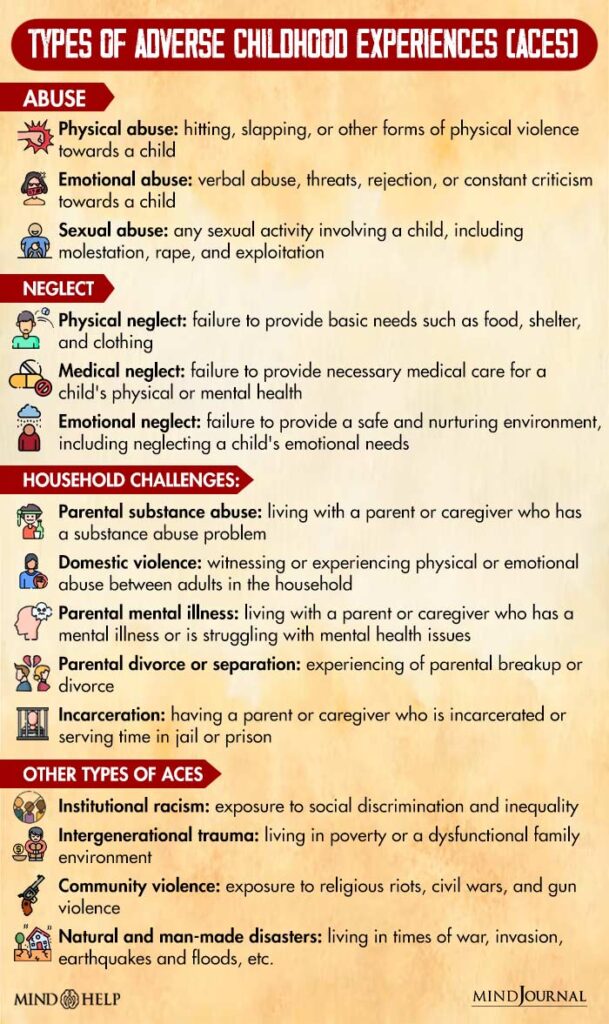
Causes Of Adverse Childhood Experiences (ACEs)
Common causes [mfn] Struck, S., Stewart-Tufescu, A., Asmundson, A. J. N., Asmundson, G. G. J., & Afifi, T. O. (2021). Adverse childhood experiences (ACEs) research: A bibliometric analysis of publication trends over the first 20 years. Child abuse & neglect, 112, 104895. https://doi.org/10.1016/j.chiabu.2020.104895 [/mfn] of adverse childhood experiences (ACEs) include:
- Living in a dysfunctional household
- Having poor family dynamics
- Poverty and financial hardships
- Illiteracy
- Unhygienic and poor living conditions, like lack of healthcare
- Community violence
- Institutional racism
- Intergenerational trauma
- Social isolation and lack of social support
Adverse Childhood Experiences (ACEs) And Mental Health
Adverse childhood experiences (ACEs) are strongly linked to poor mental health outcomes in childhood as well as adulthood. The more ACEs an individual experiences in childhood [mfn] Lowthian, E., Anthony, R., Evans, A., Daniel, R., Long, S., Bandyopadhyay, A., John, A., Bellis, M. A., & Paranjothy, S. (2021). Adverse childhood experiences and child mental health: an electronic birth cohort study. BMC medicine, 19(1), 172. https://doi.org/10.1186/s12916-021-02045-x [/mfn], the higher his/her risk of developing mental health problems later in life.
However, the impact of adverse childhood experiences (ACEs) on mental health can vary depending on the type, timing, and severity of the experience, as well as protective factors and resilience in the individual.
Adverse childhood experiences (ACEs) can lead to chronic stress, which can affect brain development and lead to mental health problems [mfn] Bomysoad, R. N., & Francis, L. A. (2020). Adverse Childhood Experiences and Mental Health Conditions Among Adolescents. The Journal of adolescent health : official publication of the Society for Adolescent Medicine, 67(6), 868–870. https://doi.org/10.1016/j.jadohealth.2020.04.013 [/mfn] like depression, anxiety, substance use disorders, personality disorders, ADHD, PTSD, etc.
These negative experiences can also impact an individual’s self-esteem and sense of worth, leading to negative beliefs and thoughts about himself/herself and his/her abilities.
ACEs can also impact healthy attachment and bonding of the sufferers with their caregivers—affecting emotional regulation and social skills that impact well-being. Individuals who have experienced ACEs may also struggle with forming healthy relationships and coping with stress. Furthermore, they tend to give in to their impulses and take to criminal behavior.
Moreover, chronic stress [mfn] Monnat, S. M., & Chandler, R. F. (2015). Long Term Physical Health Consequences of Adverse Childhood Experiences. The Sociological quarterly, 56(4), 723–752. https://doi.org/10.1111/tsq.12107 [/mfn] resulting from adverse childhood experiences (ACEs) can lead to changes in the body’s stress response system, contributing to the development of several physical health problems in adulthood, including diabetes, cardiovascular disease, obesity, etc.
Read More About Obesity Here
Such a negative stress reaction can increase the risk of unhealthy lifestyle choices and frequent engagement in harmful behaviors, such as smoking, drug and alcohol use, and unprotected sex. Studies [mfn] Li, S., Wang, R., Thomas, E., Jiang, Z., Jin, Z., Li, R., Qian, Y., Song, X., Sun, Y., Zhang, S., Chen, R., & Wan, Y. (2022). Patterns of adverse childhood experiences and depressive symptom trajectories in young adults: A longitudinal study of college students in China. Frontiers in psychiatry, 13, 918092. https://doi.org/10.3389/fpsyt.2022.918092 [/mfn] go on to link such negative health behaviors to premature aging and a shortened lifespan.
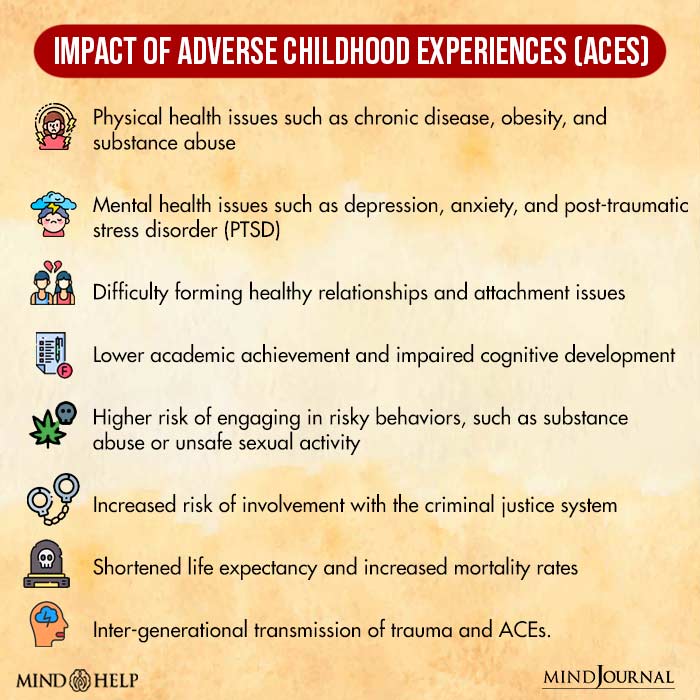
Diagnosing Adverse Childhood Experiences (ACEs)
Adverse Childhood Experiences (ACEs) are not a diagnosis in themselves but rather refer to a range of traumatic experiences that can impact an individual’s mental, physical, and emotional health. In fact, ACEs are not officially recognized [mfn] Regier, D. A., Kuhl, E. A., & Kupfer, D. J. (2013). The DSM-5: Classification and criteria changes. World psychiatry : official journal of the World Psychiatric Association (WPA), 12(2), 92–98. https://doi.org/10.1002/wps.20050 [/mfn] in the Diagnostic and Statistical Manual of Mental Disorders (DSM-5).
As such, ACEs are often assessed through questionnaires and interviews that inquire about experiences such as abuse, neglect, and household dysfunction.
These assessments [mfn] Bethell, C. D., Carle, A., Hudziak, J., Gombojav, N., Powers, K., Wade, R., & Braveman, P. (2017). Methods to Assess Adverse Childhood Experiences of Children and Families: Toward Approaches to Promote Child Well-being in Policy and Practice. Academic pediatrics, 17(7S), S51–S69. https://doi.org/10.1016/j.acap.2017.04.161 [/mfn] (like WHO ACE-International Questionnaire, NSCH-ACEs measures, Montefiore—Clinical ACE questionnaire, and so forth) can inform healthcare and mental health providers in developing appropriate interventions and treatment plans.
Treating Adverse Childhood Experiences (ACEs)
The popular interventions [mfn] Lorenc, T., Lester, S., Sutcliffe, K., Stansfield, C., & Thomas, J. (2020). Interventions to support people exposed to adverse childhood experiences: systematic review of systematic reviews. BMC public health, 20(1), 657. https://doi.org/10.1186/s12889-020-08789-0 [/mfn] used to address the mental health issues caused by ACEs include:
1. Trauma-focused therapy
Therapies like cognitive-behavioral therapy (CBT) and Eye Movement Desensitization and Reprocessing (EMDR) can help individuals process and cope with the effects of ACEs, particularly those with PTSD.
Read More About CBT Here
2. Pharmacotherapy
Psychiatric medication [mfn] Anda, R. F., Brown, D. W., Felitti, V. J., Bremner, J. D., Dube, S. R., & Giles, W. H. (2007). Adverse childhood experiences and prescribed psychotropic medications in adults. American journal of preventive medicine, 32(5), 389–394. https://doi.org/10.1016/j.amepre.2007.01.005 [/mfn], such as antidepressants or antianxiety drugs, may be prescribed for individuals with severe mental health symptoms.
3. Parenting interventions
Parenting interventions—such as attachment-based therapy, parent-child interaction therapy, and family therapy—can help parents and caregivers develop positive and healthy relationships with their children.
4. Support groups
Support groups and peer support can provide a safe and supportive environment for individuals to share their adverse childhood experiences and receive validation and understanding.
Coping With Adverse Childhood Experiences (ACEs)
Coping with adverse childhood experiences (ACEs) can be a challenging and ongoing process. But, developing the right strategies [mfn] Sheffler, J. L., Piazza, J. R., Quinn, J. M., Sachs-Ericsson, N. J., & Stanley, I. H. (2019). Adverse childhood experiences and coping strategies: identifying pathways to resiliency in adulthood. Anxiety, stress, and coping, 32(5), 594–609. https://doi.org/10.1080/10615806.2019.1638699 [/mfn], which can also be easily availed, can help deal with difficult triggers and situations. Consider the following measures to handle the mental health symptoms of ACEs:
- Identify triggers and challenge negative thoughts and beliefs that may have developed as a result of ACEs.
- Develop skills in emotion regulation, problem-solving, and communication to better cope with stress and adversity.
- Set boundaries and practice assertiveness to protect oneself from further harm.
- Engage in activities and hobbies that provide a sense of joy and purpose.
- Build healthy relationships with supportive individuals and develop a strong support network.
- Communicate openly with trusted friends, family members, or a mental health professional who can provide validation and guidance.
- Practice self-care activities, such as exercise, mindfulness, and relaxation techniques.
Prevention Of Adverse Childhood Experiences (ACEs)
Addressing psychosocial determinants of health [mfn] CDC. (2019). Preventing Adverse Childhood Experiences (ACEs): Leveraging the Best Available Evidence. Available from: https://www.cdc.gov/violenceprevention/pdf/preventingACES.pdf [/mfn] is an important component of preventing Adverse Childhood Experiences (ACEs) and promoting resilience in individuals and communities. Such a strategy popularly involves social legislation and community involvement that:
- Address poverty and lack of healthcare or hygienic living conditions
- Provide education and resources to parents and caregivers on positive parenting practices and healthy child development
- Promote social connections and stable support systems for children and families
- Devise effective social norms that protect against unwanted exposure to adversity and violence
- Ensure access to mental health services and trauma-informed care
Takeaway
Adverse childhood experiences (ACEs) can have a long-lasting impact on an individual’s mental health. However, the presence of protective factors, such as safe, stable, and nurturing relationships, can often reduce the consequences of ACEs. These protective factors can be developed by individuals, families, and communities throughout a child’s life, positively impacting their development.
While adverse experiences and other trauma in childhood can be challenging, they do not dictate the future of the child. It is possible for children to survive and even flourish despite adverse experiences in their lives as long as protective factors are in place to counterbalance their adverse experiences.
It’s also crucial to identify and implement strategies to promote resilience and protective factors to improve physical and mental health outcomes for individuals and communities impacted by ACEs.
At A Glance
- Adverse childhood experiences (ACEs) are traumatic events during childhood that can negatively impact an individual’s mental and physical health throughout their life.
- Examples of adverse childhood experiences (ACEs) include abuse, neglect, household dysfunction, and natural and man-made disasters among others.
- Adverse childhood experiences (ACEs) and mental health are inversely related, as it triggers mental health disorders, risky behaviors, and difficulties in relationships.
- ACEs can cause chronic physical health problems, premature aging, and early mortality.
- Factors such as poverty, community violence, and institutional racism can contribute to experiencing ACEs.
- Developing interventions and treatment plans like trauma-focused therapy, pharmacotherapy, and support groups can help treat mental health issues caused by ACEs.
Frequently Asked Questions (FAQs)
1. What are the 12 adverse childhood experiences (ACEs)?
The 12 ACEs refer to twelve categories of potentially traumatic experiences that a child may face in their childhood. These include physical and sexual abuse, parental neglect and abandonment, and domestic violence amongst others.
2. What are 3 major examples of adverse childhood experiences (ACEs)?
Examples of adverse childhood experiences (ACEs) include physical, emotional, or sexual abuse; neglect; parental divorce or separation; and household substance abuse or mental illness.
3. What are the most common adverse childhood experiences (ACEs)?
The most common adverse childhood experiences include physical and emotional abuse, neglect, household substance abuse, and parental separation or divorce.
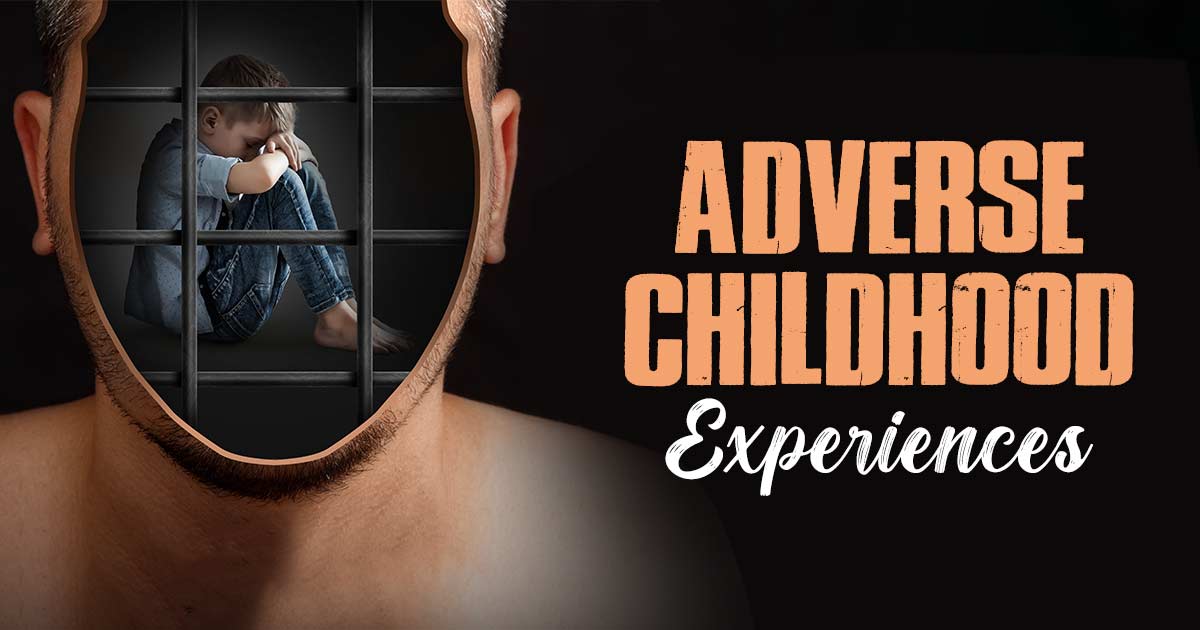
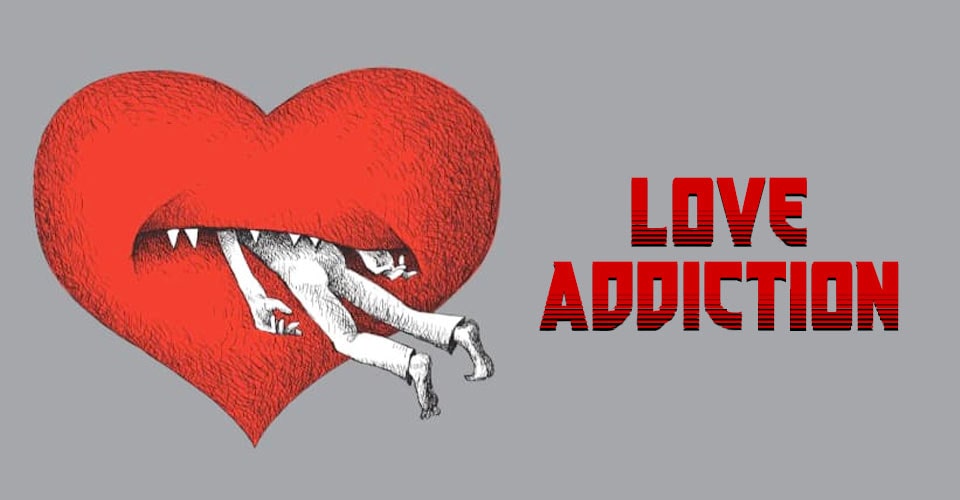
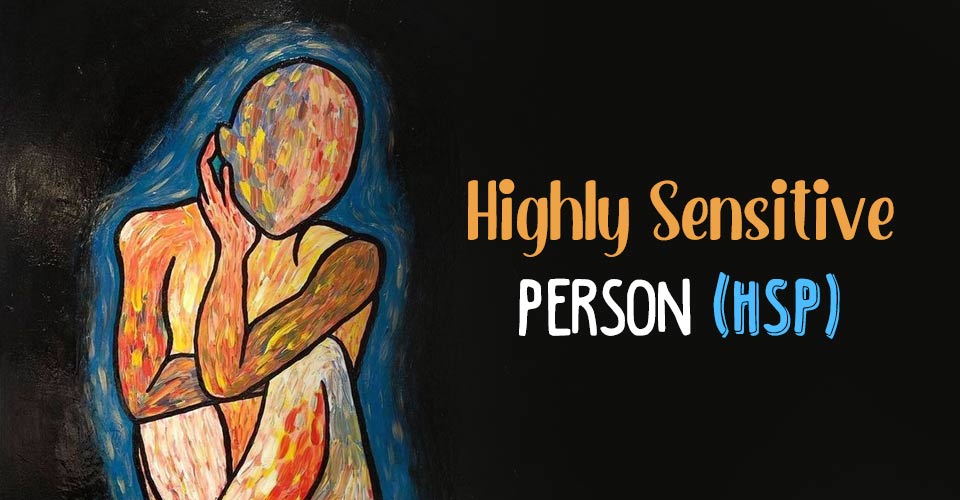

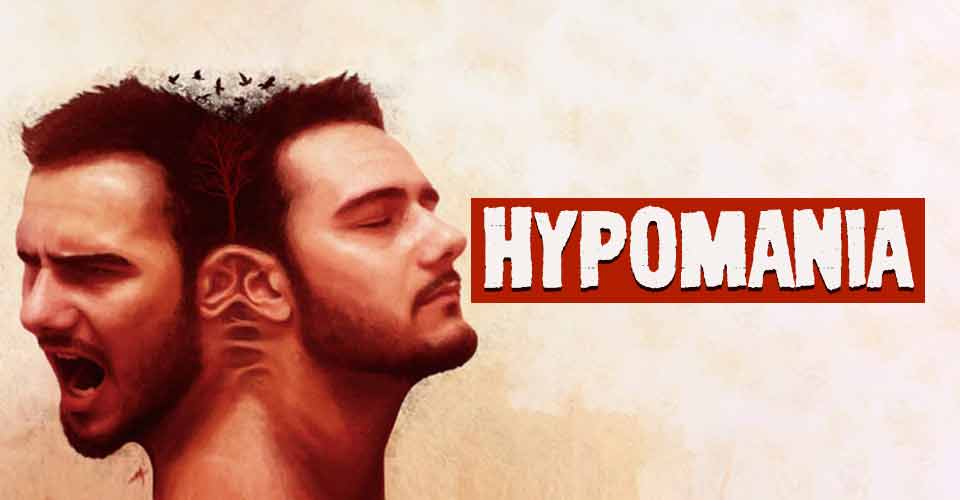



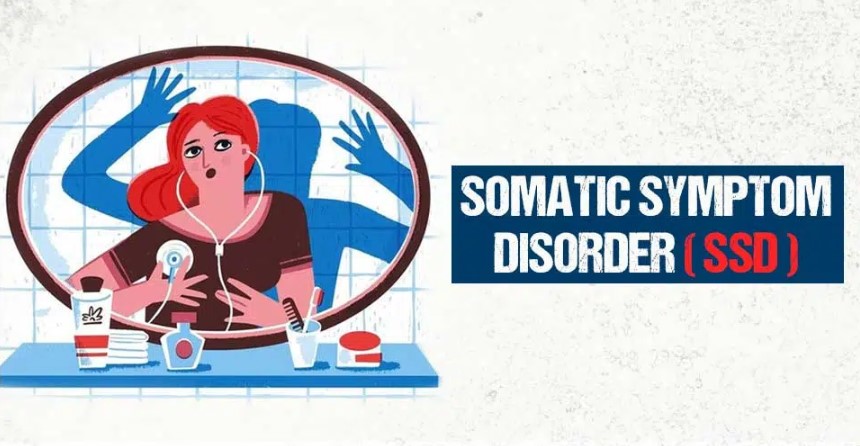

Leave a Reply